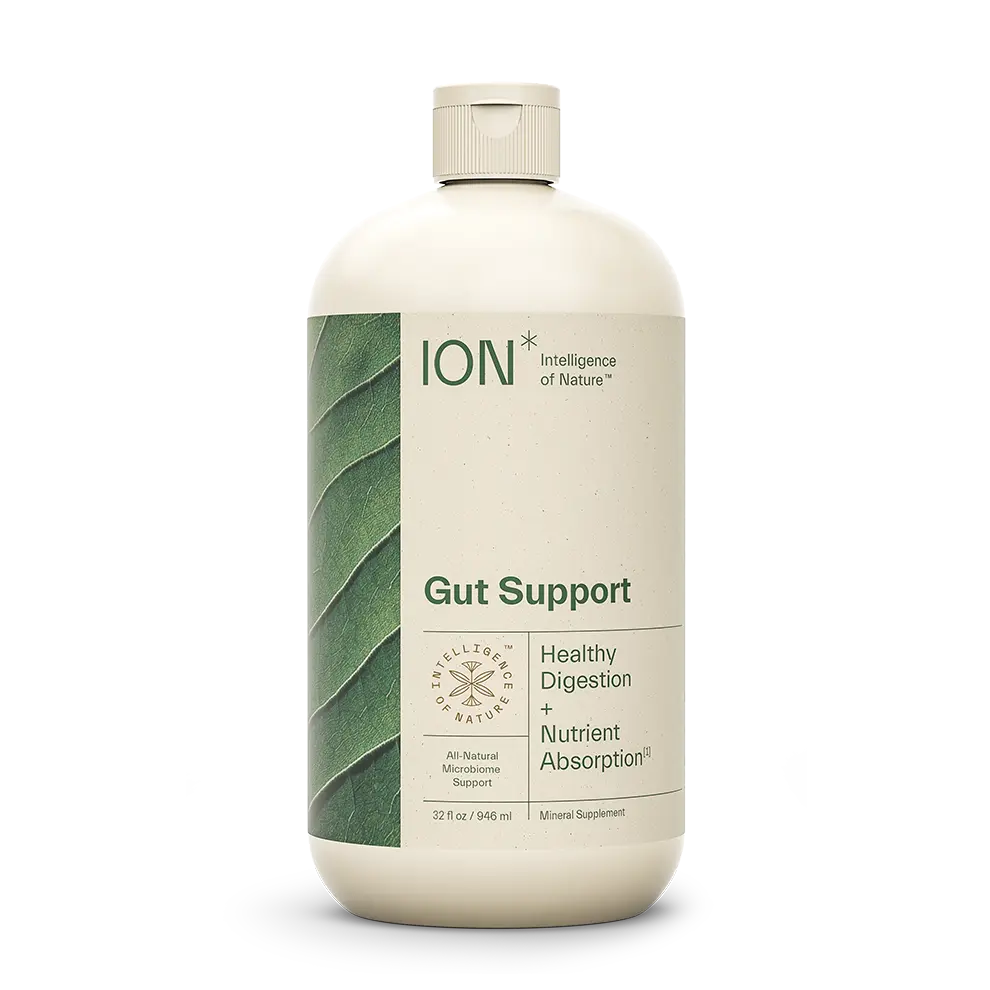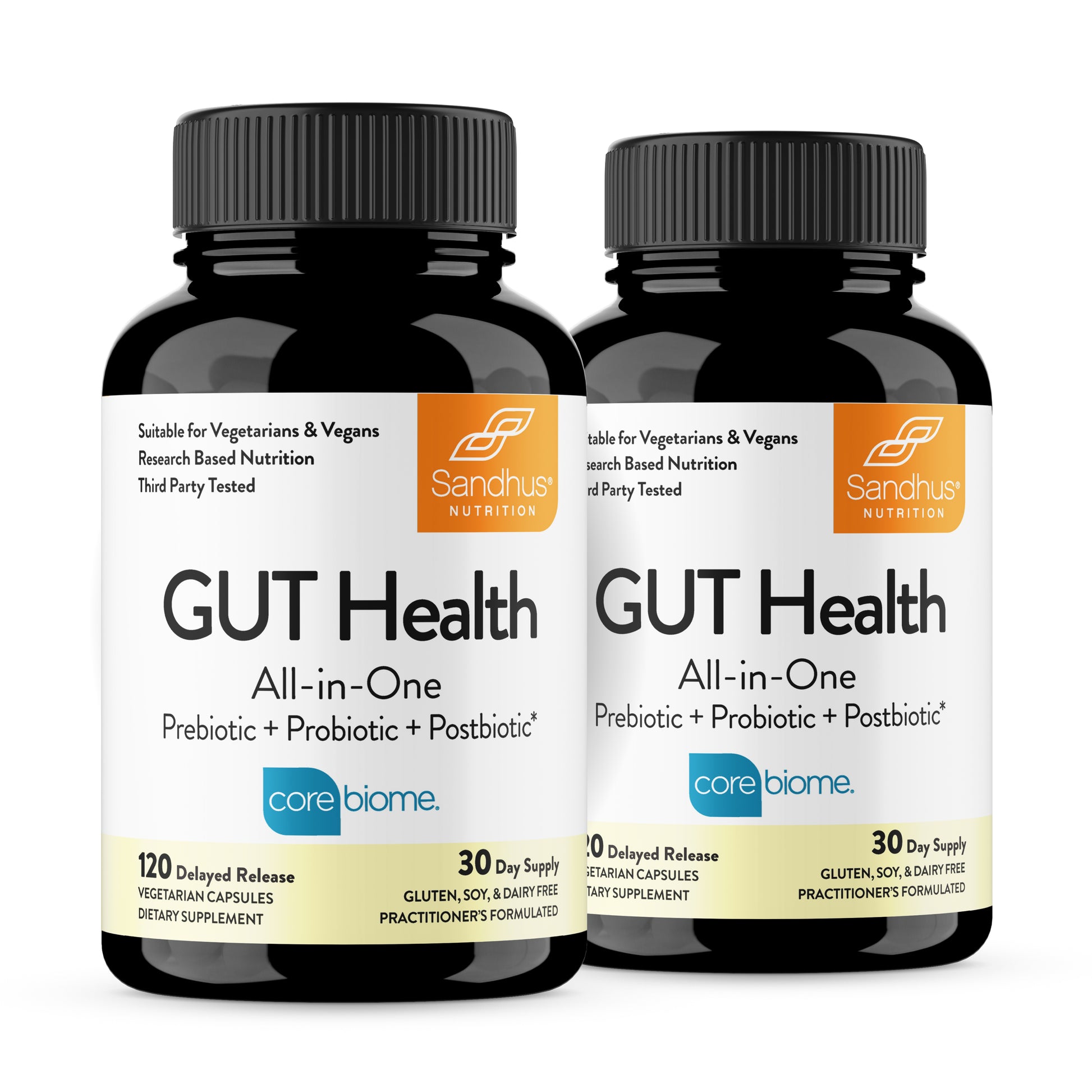Best Gut Health Supplement Choices for Enhanced Nutrient Absorption
Discover the Secret to Food Digestion and Resistance With Gut Health And Wellness Support

Understanding Digestive Tract Health And Wellness
Comprehending digestive tract wellness is vital for general well-being, as it plays a substantial duty in digestion, resistance, and even psychological health. The digestive tract, making up the stomach system, is responsible for breaking down food, absorbing nutrients, and expelling waste. A balanced intestine setting ensures effective digestion, permitting the body to use nutrients properly.
Moreover, intestine health and wellness substantially influences the immune system. The digestive tract houses a considerable portion of the body's immune cells, and a healthy digestive tract can aid ward off pathogens and decrease swelling. Interruptions in intestine wellness can bring about an overactive immune reaction, potentially adding to autoimmune disorders and allergic reactions.
Additionally, the digestive tract is usually described as the "2nd mind" because of the gut-brain axis, a complex communication network linking the intestine and the mind. This link influences state of mind, cognition, and emotional health. Problems such as dysbiosis, defined by an inequality in digestive tract bacteria, have been related to mental health problems, consisting of stress and anxiety and depression.
The Intestine Microbiome Explained

The gut microbiome, a varied area of microbes staying in the intestinal tract, plays an essential function in preserving digestive system health and general well-being. Making up trillions of germs, viruses, fungi, and other germs, this complicated ecological community aids in the food digestion of food, the synthesis of important nutrients, and the policy of metabolic processes.
Each person's digestive tract microbiome is one-of-a-kind, influenced by factors such as diet regimen, way of living, genes, and ecological exposures. A well balanced microbiome supports optimum food digestion by damaging down facility carbs, creating short-chain fats, and facilitating the absorption of nutrients. Conversely, an imbalance, often referred to as dysbiosis, can cause gastrointestinal disorders, consisting of cranky digestive tract syndrome (IBS) and inflammatory digestive tract illness (IBD)
Research has shown that a diverse microbiome is connected with better health and wellness outcomes, underscoring the importance of dietary selections in nurturing these microorganisms. Foods abundant in fiber, probiotics, and prebiotics, such as fruits, veggies, and fermented items, can advertise a healthy microbiome. Comprehending the intestine microbiome is important for creating targeted interventions targeted at boosting gastrointestinal health and wellness and stopping intestinal illness.

Connection In Between Digestion and Immunity
A durable link exists in between digestion and resistance, highlighting the crucial role of the gut in keeping overall wellness. The intestinal tract is home to trillions of microorganisms that form the digestive tract microbiome, which considerably affects both immune responses and digestive system processes. This facility ecological community help in damaging down food, absorbing nutrients, and providing vital metabolites that sustain immune function.
When digestion is efficient, the digestive tract barrier remains undamaged, preventing dangerous microorganisms from entering the bloodstream (gut health supplement). Conversely, poor food digestion can lead to an imbalance in the microbiome, causing dysbiosis, which has been linked to different health and wellness problems, including autoimmune diseases and inflammatory problems. Around 70% of the immune system lives in the gut-associated lymphoid cells (GALT), which communicates closely with the intestine microbiome. This interplay guarantees that the immune system can efficiently compare valuable and harmful substances.
Tips for Supporting Gut Health And Wellness
Sustaining gut wellness is essential for preserving both digestion performance and a well-functioning body immune system. To promote optimum gut health and wellness, consider integrating numerous functional strategies right into your everyday routine.
First, focus on hydration. Consuming alcohol sufficient water supports food digestion and helps maintain the mucosal cellular lining of the intestinal tracts. In addition, regular physical task can improve digestive tract motility and advertise a diverse microbiome.
Conscious eating methods are also necessary. Eating food completely and consuming helpful hints slowly can aid digestion and avoid overeating, which may stress the gut. Taking care of stress and anxiety via techniques such as meditation, yoga, or deep-breathing workouts can favorably influence gut wellness, as stress is understood to interfere with digestive system procedures.
Incorporating prebiotics and probiotics into your routine is another efficient approach. While certain foods will certainly be gone over later, recognizing the relevance of these components is important. Prebiotics work as food for valuable intestine germs, while probiotics introduce real-time useful organisms.
Finally, avoid extreme use of antibiotics, as they can disrupt the equilibrium of digestive tract flora. By adhering to these tips, you can substantially contribute to the maintenance of a healthy and balanced gut, which is crucial for general health and vigor.
Foods That Promote Intestine Wellness

Fermented foods, such as yogurt, kimchi, sauerkraut, and kefir, are abundant in probiotics, which are helpful bacteria that sustain gut plants and boost food digestion. These foods can help bring back equilibrium in the gut, specifically after antibiotic usage or gastrointestinal disruptions.
In addition to fermented alternatives, prebiotic foods, such as garlic, onions, asparagus, and bananas, act as nutrition for these probiotics, promoting their growth and task. These soluble fibers support gut motility and can relieve issues like irregularity.
Furthermore, integrating high-fiber foods, including whole grains, vegetables, fruits, and vegetables, is necessary for preserving a healthy and balanced digestive tract. Fiber help in routine defecation and helps protect against digestive system problems.
Lastly, omega-3 fatty acids found in fatty fish, flaxseeds, and walnuts have anti-inflammatory my website properties that can additionally sustain intestine health and wellness. Stressing these foods in your diet plan can result in a robust digestive system and boosted immune function.
Verdict
To conclude, focusing on digestive tract health is crucial for optimizing digestion and boosting immunity. A well balanced gut microbiome, influenced my website by dietary options and way of living aspects, plays a critical role in nutrient absorption and swelling decrease. Integrating fermented foods, prebiotics, and high-fiber choices, alongside appropriate hydration and stress management, can substantially advertise intestine wellness. By embracing these techniques, individuals can sustain total wellness and vigor, unlocking the possible benefits of a well-functioning stomach system.
Understanding digestive tract health is critical for overall health, as it plays a substantial role in food digestion, resistance, and even psychological wellness. The digestive tract houses a substantial part of the body's immune cells, and a healthy gut can aid fend off pathogens and minimize inflammation.Furthermore, the intestine is often referred to as the "2nd brain" due to the gut-brain axis, a complex interaction network connecting the gut and the mind.A robust link exists in between digestion and immunity, highlighting the vital duty of the gut in preserving total health.In verdict, focusing on gut wellness is crucial for maximizing digestion and enhancing immunity.